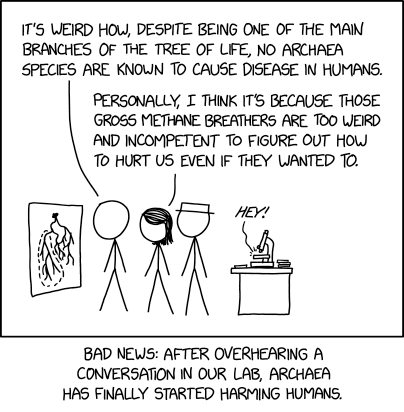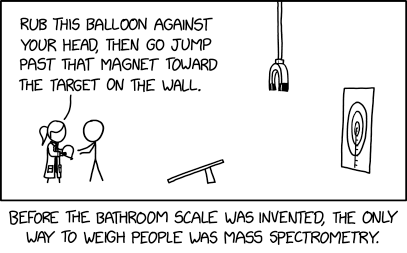Reading. ( Bridget Collins, Feather (lalaietha), Jenny Lawson )
Listening. More Hidden Almanac, including First Appearance of Pastor Drom; slightly grumpy with myself for dozing through a chunk of it (to a greater extent than I realised; I did get snippets, but missed more than was apparent at the time) and am steeling myself to relisten.
Cooking. More from East: aubergine katsu curry with pickled radish (meh on my part, but A liked it), roasted carrots and cabbage with gochujang (meh on A's part, but I liked it enough to nibble at it between meals even though I'm unlikely to make it again), asparagus and mangetout with chilli peanut crumb (not actually worth spending in-season asparagus on outside the Cook Everything In This Book project, but pleasing given that context).
Eating. WILD ASPARAGUS is I think the most exciting thing I have eaten this week.
I have been Disappointed by Wagamama. Much less disappointingly, I have been plied with blueberries and yoghurt. Finished the hazel-bay-rye-and-rhubarb cake; have made some progress on the birthday cake I got sent home with.
Exploring. I am currently Away From Home. There are postbox toppers. One of them is Many Round Hedgehogs; another is Sea Creatures including Mollusc. I am sort of curious about who else I might spot in the area.
Making & mending.
Growing. ... I did not get cucumbers started. I did get some more squash into the ground (well, raised beds), and planted out a bunch of tomatoes, and at least two kinds of pea are now flowering, and I will be mildly resentful if I get home and discover all the strawberries have been eaten.
Did I mention that my established rocket remains established? I was a little concerned that I'd buried it under too much manure, and then it showed up in the next bed over.
Observing. BABY WOODPECKER.




